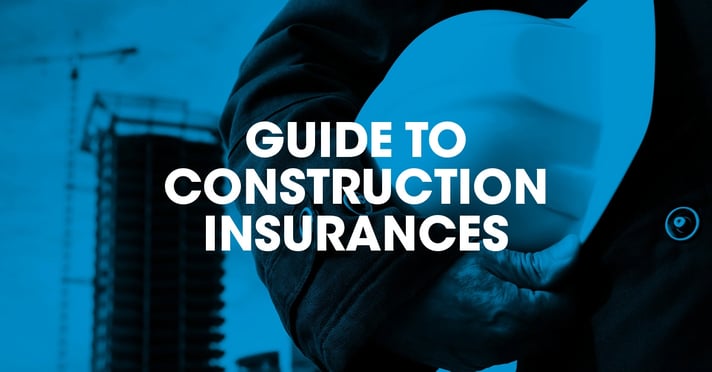1. Public Liability Insurance
What is Public Liability insurance?
Public Liability (PL) insurance is a common type of business insurance that protects against liabilities for injury to third parties (non-employees) or their property.
Who needs Public Liability insurance?
If you work near other people and/or their property, which is basically anyone in construction, you should consider having PL insurance. This will ensure you are covered against any potential claims for damage to the person and/or their property. PL insurance should be renewed every 12 months.
2. Product Liability Insurance
What is Product Liability insurance?
Product Liability insurance protects against liability for injury to people or property arising from the products you supply, manufacture or even import.
Who needs Product Liability insurance?
If you supply, manufacture, adapt or import any products used by other people then you should consider this cover.
3. Employer Liability Insurance
What is Employer Liability insurance?
Employer Liability (EL) insurance protects against liabilities to employers for injuries or illness.
Who needs Employer Liability insurance?
If you are an employer, EL insurance is compulsory. You may also want to look into EL insurance if you are building your own home. Injury to volunteers or sub-contractors could spark a claim against you as an ‘employer’.
4. Contractors All Risk Insurance
What is Contractor All Risk insurance?
Contractors All Risk (C.A.R.) insurance protects against physical damage to works and site materials that you were contracted to undertake. These types of losses are normally excluded under a regular Public Liability policy although they may be sold together.
How does Contractor All Risk insurance work?
If a contractor causes damage to a part of the property they were contracted to work on, standard PL insurance may not provide full coverage. However, a C.A.R policy would provide full coverage of the costs associated with rectifying the damage.
Who needs Contractors All Risk insurance work?
All employers and contractors working on construction projects.
5. Plant and Equipment Insurance
Hired-in plant and equipment
This insurance provides cover for equipment that you are leasing in and for which you are responsible if it is lost or damaged. When you lease items of plant, you enter into a contract with the hiring company, which means you are responsible for the plant while it is in your control.
Hired-in plant is like any contract hire agreement in which you assume legal responsibility for third party-owned property. Do note that this insurance does not provide cover if the equipment breaks down.
Owned plant and equipment
Insurance provides cover for any plant which you own that needs to be repaired or replaced, following a loss within UK territory, including while in transit (other than by sea or air). This cover can include temporary site buildings and security devices. In circumstances where such plant is hired out to a third party, under certain conditions this cover can be extended to cover your plant while in their care.
These types of covers can be insured under a Combined Contractor Plant cover or individually. For those industry partners who operate abroad, specialist products are also available.
6. Professional Indemnity Insurance
What is Professional Indemnity insurance?
Professional Indemnity insurance protects against claims for loss or damages arising from professional negligence or negligent advice.
Who needs Professional Indemnity insurance?
If you provide advice or hold design responsibility for a site then you should consider Professional Indemnity insurance.
7. Structural warranty
What is a structural warranty?
A structural warranty provides building owners with ten years of protection from ‘latent defects’ to the structure of a building. These are defects that occur during the build period but are not discovered until after completion. Structural warranties are usually bought by the builder or developer, but the warranty itself will provide cover for the person who purchases the completed building.
Who needs a structural warranty?
Anybody building or buying new buildings.
Find out more about the structural warranty services LABC Warranty provides for new build residential and commercial buildings.

